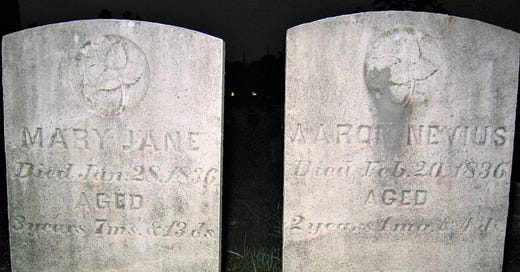Monday Bits and Pieces
Let's see how many variations on 'Fragmentary Monday' I can come up with...
Michel de Montaigne tells us in his autobiography of his children. He and his wife had six daughters, only one of whom lived more than a few months. In a span of a little more than 12 years, between the summer of 1570 and early 1583, he and his wife mourned the deaths of five newborns.
It is breathtaking to reflect on the frequency of such death in the …




